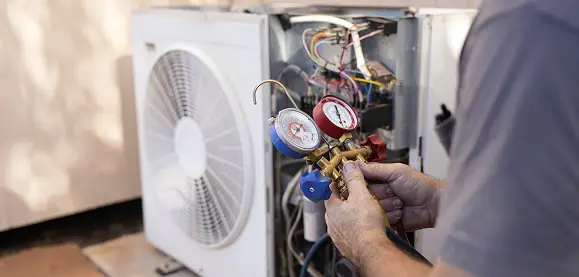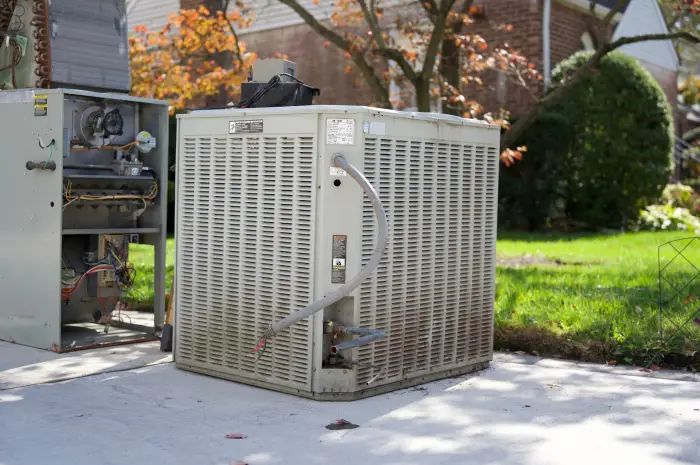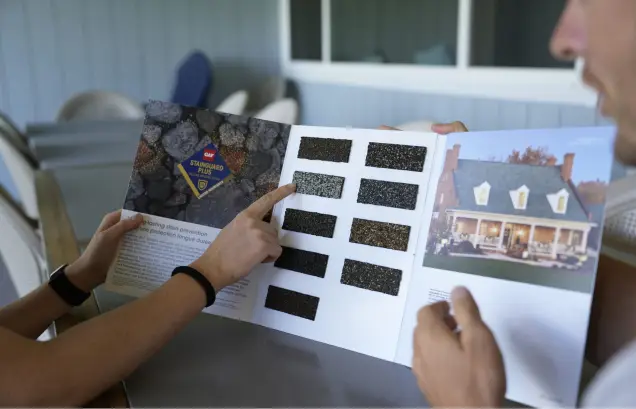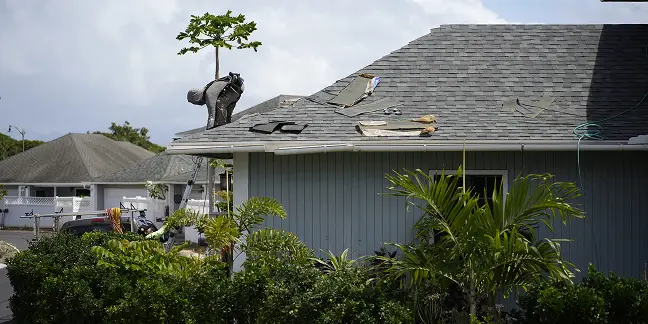Buying your first home is a thrilling milestone. You’re finally stepping into a space that’s all yours—no more landlords, lease agreements, or shared walls. But along with the excitement comes a host of responsibilities you may never have thought about, like choosing the right HVAC system for your home.
If heating and cooling systems weren’t on your radar before, that’s okay. You’re not alone. Many first-time homebuyers find themselves scratching their heads over acronyms like SEER, BTU, and AFUE. That’s where we come in.
At Attyx, we specialize in helping new homeowners make smart, energy-efficient HVAC choices that provide year-round comfort and long-term peace of mind. In this guide, we’ll break down everything you need to know—from types of HVAC systems to what makes the best HVAC system for a new home.
Why HVAC Matters More Than You Think
Before we get into the nitty-gritty, let’s talk about why your HVAC system deserves your attention. In most homes, HVAC is one of the largest energy consumers. A well-chosen, properly installed HVAC system can:
- Reduce monthly energy bills
- Improve indoor air quality
- Keep you comfortable in every season
- Increase the resale value of your home
In contrast, a poorly chosen or outdated system can lead to frequent repairs, inefficient operation, and poor air circulation—all of which are costly and inconvenient.
What Does HVAC Stand For?
HVAC stands for Heating, Ventilation, and Air Conditioning. A complete HVAC system helps regulate temperature, humidity, and air quality inside your home. For first-time homebuyers, understanding the major components is key to making informed decisions.
Common HVAC Systems for Homes
Let’s explore the most common types of HVAC systems for residential homes:
Split Systems: These are the most traditional and widely used systems. They have two main components: an indoor unit (furnace or air handler) and an outdoor unit (air conditioner or heat pump).
Pros:
- Ideal for homes with existing ductwork
- Efficient and customizable
Cons:
- Can be costly to install if ductwork is outdated or damaged
Ductless Mini-Split Systems: Perfect for smaller homes, additions, or rooms without ductwork, mini-splits offer both heating and cooling capabilities.
Pros:
- No ducts required
- Zoned comfort (each unit can have a different temperature)
- Energy efficient
Cons:
- Higher upfront cost per unit
- May not be aesthetically pleasing to everyone
Heat Pumps: A versatile option that both heats and cools your home by transferring heat rather than generating it.
Pros:
- Great energy efficiency
- Lower utility bills
- Works well in moderate climates
Cons:
- May need a supplemental heat source in colder regions
Packaged Systems: All-in-one HVAC units where all components are housed in a single cabinet, usually installed outside.
Pros:
- Saves indoor space
- Easier to install in homes without basements or crawl spaces
Cons:
- Less efficient than split systems in some cases
Choosing the Best HVAC System for a New Home
There’s no one-size-fits-all solution. The best HVAC system for your new home depends on several factors:
- Size of the Home: A system that’s too small won’t keep you comfortable; too large, and you’ll waste energy and money.
- Climate: Colder climates may benefit from a furnace or dual-fuel system; warmer climates might be better served by a heat pump.
- Ductwork: Existing ductwork in good condition makes installing a central system easier and more affordable.
- Budget: Don’t just consider installation costs—look at long-term savings from energy efficiency.
- Smart Features: Modern systems offer Wi-Fi thermostats, zoning, and energy tracking.
This is where professional advice makes all the difference. At Attyx, our HVAC specialists assess your home’s layout, square footage, and energy needs to recommend a solution that balances performance, efficiency, and cost.
What to Look for in an HVAC Contractor
Buying a system is only half the equation—installation matters just as much, if not more. A poorly installed HVAC system can reduce efficiency by up to 30% and significantly shorten the lifespan of the unit.
Here’s what to look for:
- Licensed and Insured Technicians
- Transparent Pricing and Warranties
- Experience with New Construction and Retrofits
- Maintenance Plans and Customer Support
- Strong Local Reputation and Reviews
At Attyx, we don’t just install HVAC systems—we build long-term relationships. From selecting the right equipment to professional installation and maintenance, we’ve got you covered every step of the way.
Pro Tips for First-Time Homeowners
Here are some HVAC tips to help you settle into your new home with confidence:
- Change Filters Regularly: Replace or clean filters every 1-3 months to keep your system running smoothly.
- Invest in a Smart Thermostat: These can help you manage energy use and reduce utility bills.
- Schedule Annual Maintenance: Catching issues early prevents costly breakdowns.
- Know the Warning Signs: Strange noises, inconsistent temperatures, or high energy bills may indicate it’s time to call a pro.
Why Trust Attyx?
With years of experience and a passion for helping homeowners, Attyx has become a trusted name in HVAC services. We offer:
- Free in-home assessments
- Energy-efficient system recommendations
- Expert installation and repairs
- Affordable maintenance plans
- 24/7 emergency support
Whether you’re building a new home or moving into a pre-owned property, we’re here to ensure your comfort and peace of mind from day one.
Ready to Make Your House a Comfortable Home?
Don’t let HVAC be an afterthought. Contact us today for a personalized consultation and take the first step toward an efficient, comfortable, and cost-effective heating and cooling system for your home.





